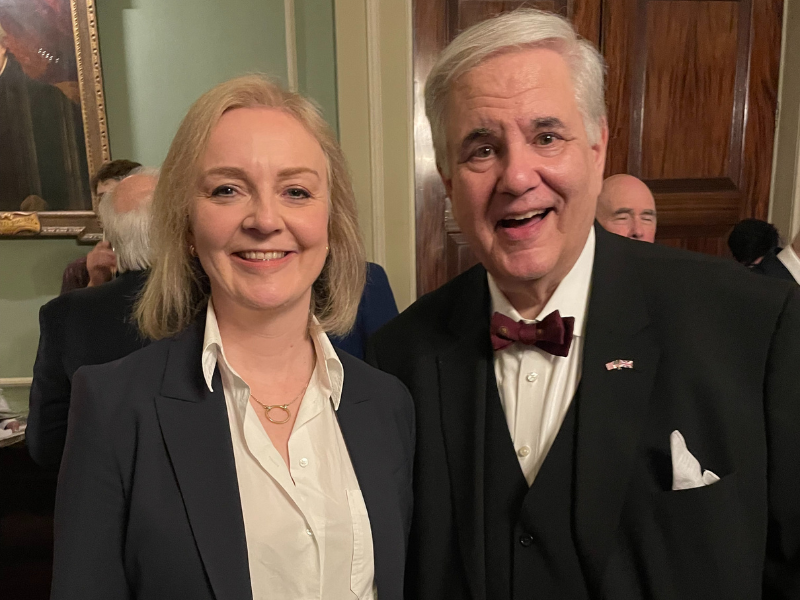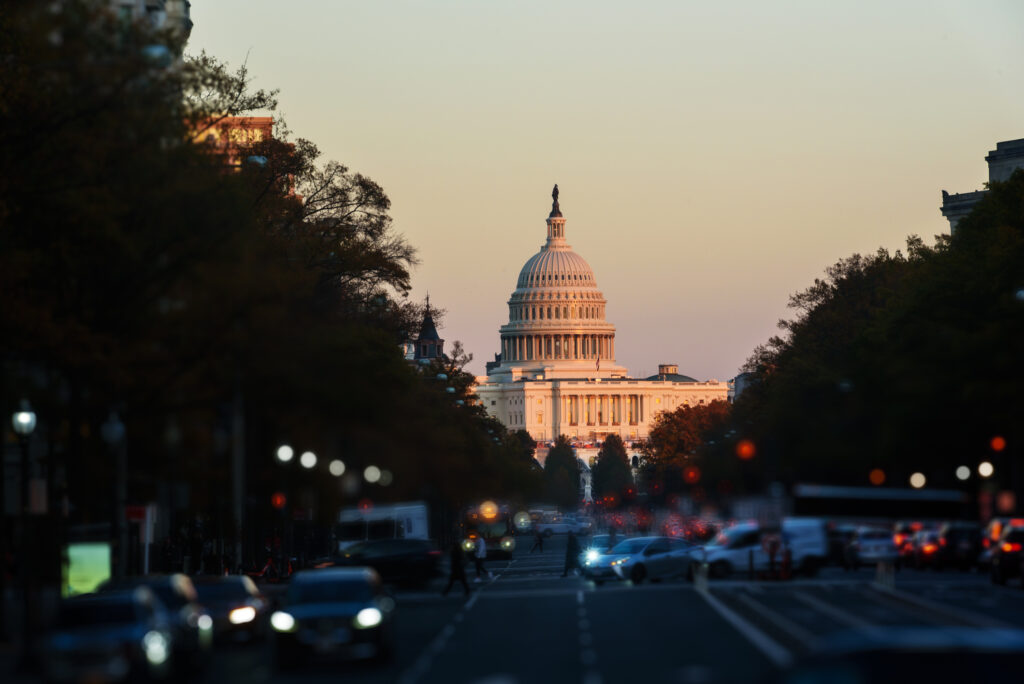President Barack Obama is pressing hard to expand taxpayer-funded government wireless access, calling for it in a January 14 speech in Cedar Falls, Iowa [2]and in his State of the Union address.
A key component of Obama’s municipal-Wi-Fi proposal involves the federal government preventing states from stopping local governments from becoming municipal Internet service providers.
Instead of allowing Congress to draft and vote on a bill, Obama is establishing policy changes through the Federal Communications Commission (FCC) rulemaking process.
Preempting State Laws
FCC commissioners were scheduled to vote February 26, after this issue of Budget & Tax News went to press, on whether to overturn state laws in North Carolina and Tennessee that prevent local governments from building or expanding municipal wireless systems that compete unfairly with private systems.
Section 706 of the Communications Act gives FCC the authority to promote the deployment of broadband access. FCC hopes to justify its move against state legislatures by saying their laws obstruct FCC accomplishing that mission. That is an innovative interpretation of the statute, to say the least.
Alarmed by what they see as an attack on state sovereignty and a back-door attempt to find authority to further regulate the Internet, Senate Commerce Committee Chairman John Thune (R-SD) and Commerce Committee Chairman Fred Upton (R-MI) have sponsored a bill that would block FCC’s move.
‘Disaster Over and Over and Over’
Currently, 19 states have laws that limit municipal broadband networks in various ways. Some limit those networks to serving only certain geographic areas, while others impose restrictions on the prices muni broadband networks may charge. Seton Motley, president of Less Government and a policy advisor for The Heartland Institute, which publishes Budget & Tax News, says those states have passed such laws for good reasons.
“The government’s been in the business since the early 2000s, and it’s been a disaster over and over and over. That’s why 19 states have laws saying, ‘We don’t want to be on the hook like in Provo,'” Motley said.
In 2001, the town of Provo, Utah took on debt and raised taxes to fund the creation of iProvo, a municipal Internet service provider (ISP). Six years later, less than one-tenth of the city’s population had signed up for the service.
In 2013, city officials sold iProvo’s fiber infrastructure to Google for $1, officially pulling the plug on the ISP.
“Every resident in the state of Utah has to pay $240 a year in taxes to make up for the more than $500 million Provo lost on its government broadband attempt,” Motley said. “There are many similar disasters all over the country. It is certainly reasonable for states not to want to be on the hook for future inevitable government failures.”
‘Leave it Alone’
Preempting state rules on municipal Internet access will not improve Internet access, Motley says.
“If it ain’t broke, don’t fix it,” said Motley. “The Internet is amazing right now, precisely because it always has been regulated under Title I. It’s one of the few facets of the economy that’s worked throughout the Obama administration. Why are they fixating on that?
“It’s just fine. Leave it alone,” Motley said.
Alexa Moutevelis Coombs ([email protected]) writes from Washington, DC.
Internet Info:
“iProvo Revisited: Another Year and Still Struggling,” Steven Titch, Reason Foundation, http://www.heartland.org/policy-documents/iprovo-revisited-another-year-and-still-struggling/




